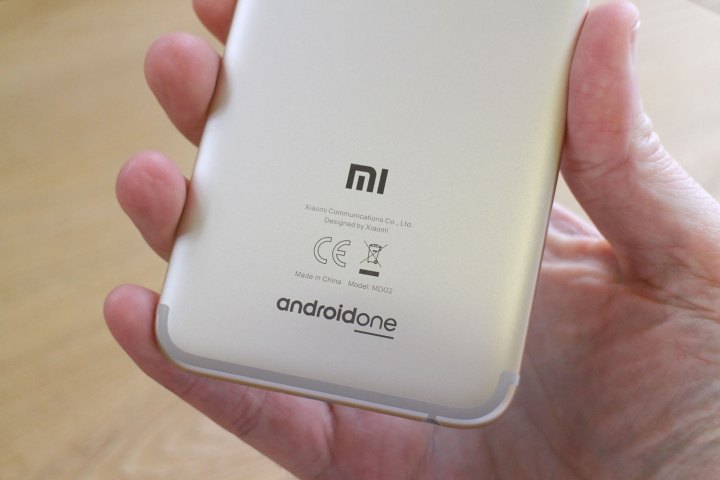In February, Lei Jun — founder and CEO of Chinese technology company Xiaomi — revealed his plans for further global expansion. According to The Wall Street Journal, Xiaomi plans on entering the U.S. smartphone market as early as the end of 2018.
“We’ve always been considering entering the U.S. market. We plan to start entering the market by end 2018, or by early 2019,” Jun told the publication.
Xiaomi’s hardware is already available in more than 70 countries spread across Asia, Africa, and parts of Europe. At the end of 2017, it placed fourth in China — right behind Vivo, Huawei, and Oppo. Around the same time, Xiaomi also increased its phone shipments globally by 83 percent.
News of Xiaomi entering the U.S. market has been surfacing for a few years now. In 2016, it was rumored the company was testing its phones on U.S. networks, with plans on releasing the devices within a few years.
If the company ends up launching its handsets in North America, it is still unclear whether it will try and sell the smartphones through U.S. carriers or directly to its consumers through its website. As of now, you’re able to purchase items other than smartphones on the site — such as the Mi Bluetooth speaker, Mi Sphere Camera Kit, and more.
But breaking into the U.S. smartphone market hasn’t been an easy venture in the past, specifically for Chinese manufacturers. In January, Huawei announced its flagship smartphone would not be sold by U.S. carriers with rumors that it was supposedly due to security concerns.
Carriers such as AT&T and Verizon reportedly both gave into cutting ties with Huawei due to the pressure of U.S. lawmakers. According to reports, politicians advised that having any connection to either Huawei or China mobile could ruin their ability to do business with the U.S. government.
The issue stemmed primarily from a 2012 congressional report that suggested U.S. carriers should not only stay away from Huawei gear but ZTE as well. The reasoning behind why U.S. carriers should stay away was specifically because, “China might use it to spy on Americans.”
It’s still unclear whether Xiaomi will be faced with similar scrutiny when it comes to U.S. carriers. But the expansion to the U.S. will allow for the company to grow its presence in the country.



